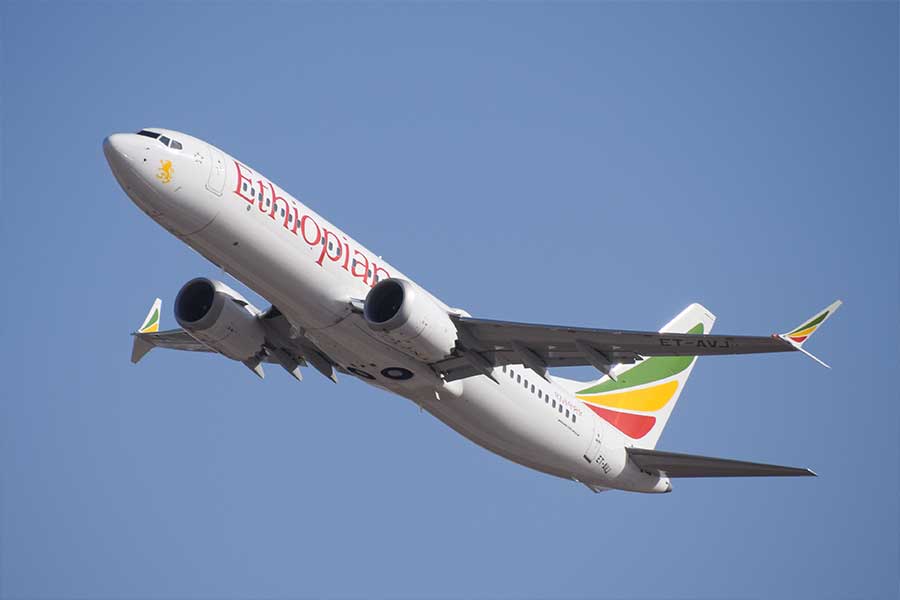
Featured | Sep 06,2020
Safaricom Ethiopia, a consortium-backed telecom giant, has embarked on an ambitious journey in a market historically hogged by the state-owned Ethio telecom. With a substantial investment of 1.6 billion dollars, the company is positioning itself as a major player, aiming to break even within four years of its inception. This timeline reflects the significant startup costs and competitive dynamics in the sector.
The company entered the Ethiopian market after paying the federal government an 850 million dollars fee for the operating license and 600 million dollars in network infrastructure. The latest addition to this substantial spending is the 150 million dollars paid to obtain an M-Pesa permit, signalling Safaricom's entry into Ethiopia's emerging digital payment space.
Company officials attributed the journey into financial services to the company's broader vision of becoming an adaptable player in the evolving digital economy.
"We're still going to invest much more," said CEO Wim Vanhelleputte, addressing questions from the media last week, his first appearance after taking the helm from Anwar Soussa two months ago.
During the half-year performance report at the company headquarters in Bole Towers, on Africa Avenue (Bole Road), he revealed plans to grow Safaricom's network infrastructure.
Vanhelleputte believes his company is not only investing in infrastructure but also forging critical partnerships. It has entered into deals with 15 commercial banks, in its bid to integrate itself deeply into the financial ecosystem. This move could be significant given the considerable size of the unbanked population, presenting an opportunity for digital financial services.
Safaricom Ethiopia is poised to expand its network infrastructure further. Over the next two years, with an additional investment nearing two billion dollars, the company aims to access 7,000 sites and achieve 85pc network coverage. Vanhelleputte described the company's commitment to establishing a robust telecommunications network nationwide as part of an "ambitious" expansion plan.
Safaricom Ethiopia anticipates it will take another two years to break even, marking a four-year timeline from its inception.
"We believe we can make it," the CEO told Fortune.
While reflecting the significant startup costs and competitive market dynamics, this projection also reveals the company's long-term strategic approach to its investment in Ethiopia, according to Stanley Njorge, chief financial officer.
The long-term vision is echoed by the company's investors, who remain bullish on the future of Ethiopia's telecom sector.
"Our investors believe in the future of Ethiopia," said Njorge.
Despite some short-term financial indicators like the 4.2pc drop in headline earnings per share reported by Vodacom, a major shareholder in Safaricom Ethiopia, the overarching sentiment remains optimistic. CEO of Vodacom, Shameel Joosub, revealed expectations that earnings and recovery from losses of Ethiopia's business will peak in the financial year.
The optimism is also shared by Safaricom Kenya, another significant shareholder, which presented its half-year report in Nairobi last week, outlining a 10-year strategy for expansion and consolidation. Having its shares diluted to a little over 50pc with the entrance of the International Finance Corporation (IFC) around June, Dilip Pal, CFO of the company, revealed plans to reach 12,000 sites and mid-term goals expected to be realised by 2026.
"We've investment losses to consolidate," said Pal, referring to the operation in Ethiopia. "But, it's still within our overall expectations."
Safaricom Ethiopia's expenditure is substantial, however. The company reported operating costs of nearly 3.9 billion Br in the half-year, with total revenues of over a billion Birr and capital expenditures exceeding 6.4 billion Br. While indicative of the high costs of establishing a telecom operation, these figures reflect the company's investment in building a hold in the market.
According to senior executives, a crucial aspect of Safaricom Ethiopia's strategy is its focus on digital services, particularly its M-Pesa platform. Having launched M-Pesa three months after receiving its payment instrument issuer license, the company has already amassed over 1.2 million customers and facilitated two million transactions valued at around 247 million dollars. The rapid uptake of M-Pesa services highlights the potential of digital financial services in Ethiopia, a market with a population exceeding 100 million.
M-Pesa has onboarded more than 22,000 agents and 11,000 merchants into its mobile money network with an app that provides engagement in five languages. The company's ambition to be an enabler of a cashless society in Ethiopia is not without its ordeals.
With state-owned companies having first had access to several mandatory digital payment requirements like fuel or traffic penalties, keen observers of the business climate indicate the challenges for a new entrant as the competition is not on equal footing.
Getnet Haile, general manager of Target Business Consultants, wants to see Safaricom Ethiopia carefully select market segments to compete with an incumbent like Ethio telecom due to its privileged market access to government contracts.
Safaricom Ethiopia operates in a market where Ethio telecom, the incumbent, has a formidable presence with a subscriber base of 72 million and a well-established digital payments service, Telebirr. Despite this, Safaricom has made significant inroads, with over four million subscribers in 26 major cities and 250 urban areas.
"Our strategy is not to fight over a small piece of cake," said Vanhelleputte, pointing out that the goal is to grow the industry, taking advantage of an expanding customer base. "We're not here to enter a one-on-one boxing match."
This approach is evident in the company's efforts to provide a quality and reliable internet service, which has already seen higher data usage in Ethiopia of 0.6GB compared to Kenya. Average monthly data revenue was around 66 Br for each user, which accounted for 69pc of service earnings.
The company's focus on enhancing internet quality echoes with subscribers like Sani Muhammed, a distributor of pharmaceutical products, who relies on Safaricom for his business operations.
"The quality is significantly superior," he said.
However, the road to profitability will not be straightforward, particularly in integrating new services like M-Pesa into subscribers' daily lives.
Users like Sani have yet to fully embrace M-Pesa, preferring services like Telebirr for their convenience and widespread acceptance.
"I want to pay for everything from a single account," he told Fortune.
This indicates the need for Safaricom to invest not only in infrastructure but also in building user trust and service usability, according to Getnet.
He argued that a lucrative market would stay as long as novel products and investment into infrastructure continue.
"Safaricom has to out-innovate its competitor," he told Fortune.
Albeit the fourfold expansion in network infrastructure to 2,000 within a year of going live, Safaricom has progressed during a period in which the country was experiencing significant political turmoil. Restrictions of movements, including the state of emergency declared in August, had impacted the company, conceded Vanhelleputte. But he is optimistic about the future.
"Ultimately, it won't be a challenge for us in the long run," he said.
PUBLISHED ON
Nov 18,2023 [ VOL
24 , NO
1229]

Featured | Sep 06,2020

Fortune News | May 15,2021
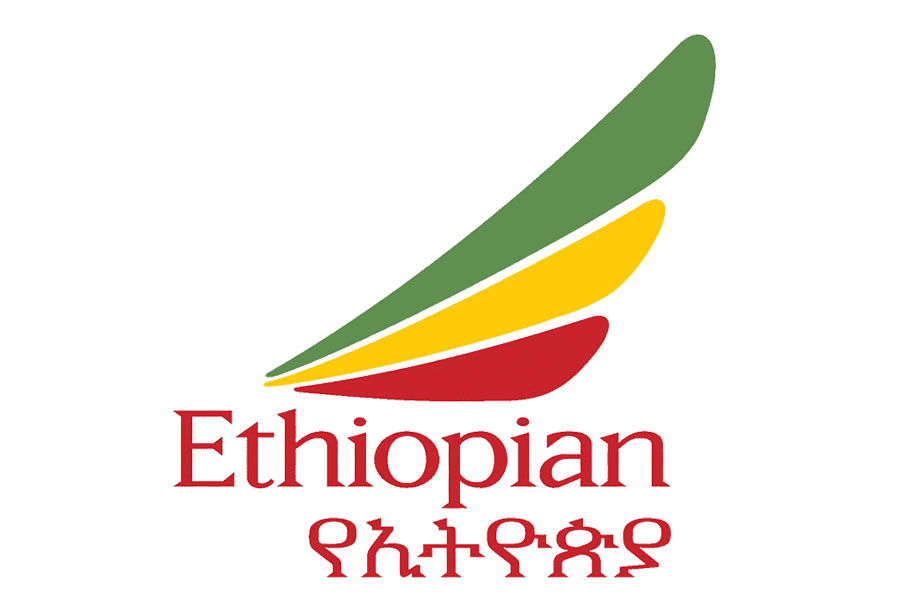
Radar | Nov 05,2022
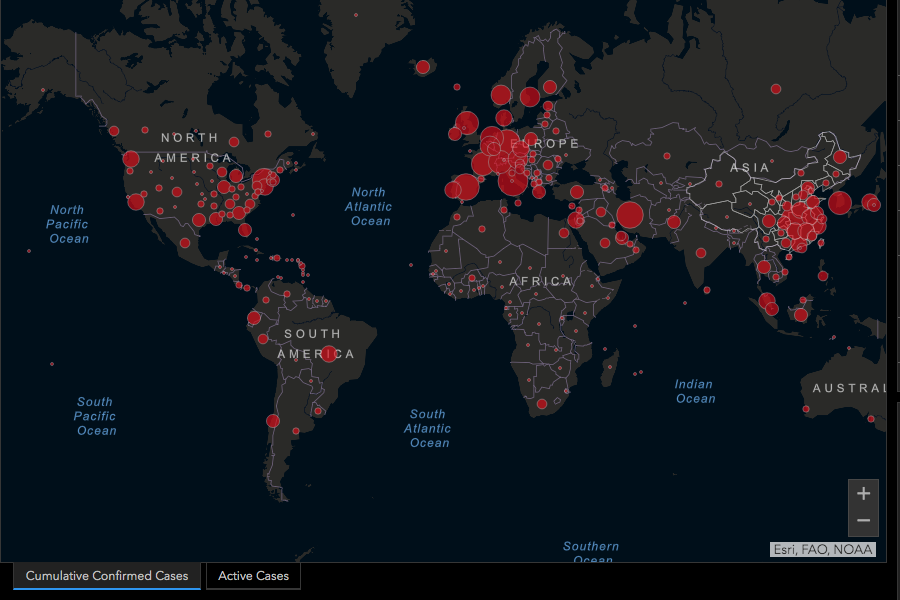
Digital First | Mar 13,2020
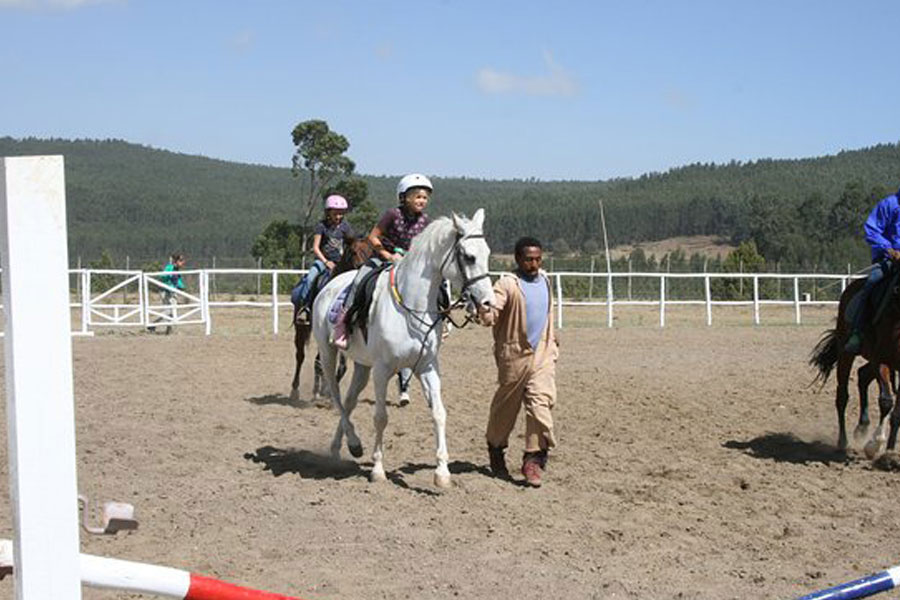
View From Arada | Sep 02,2023

Radar | Jan 09,2021

Radar | Oct 17,2020
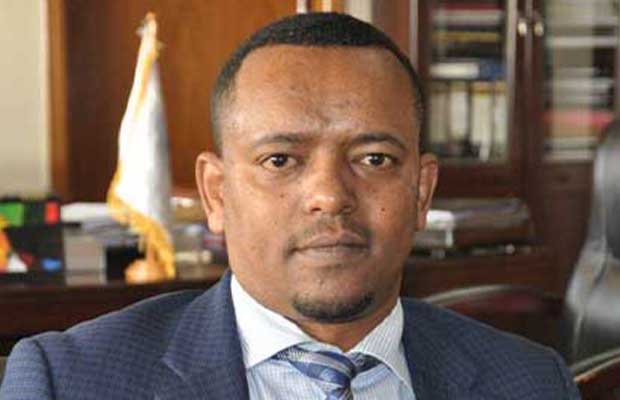
Exclusive Interviews | Jan 05,2020

View From Arada | Aug 24,2019
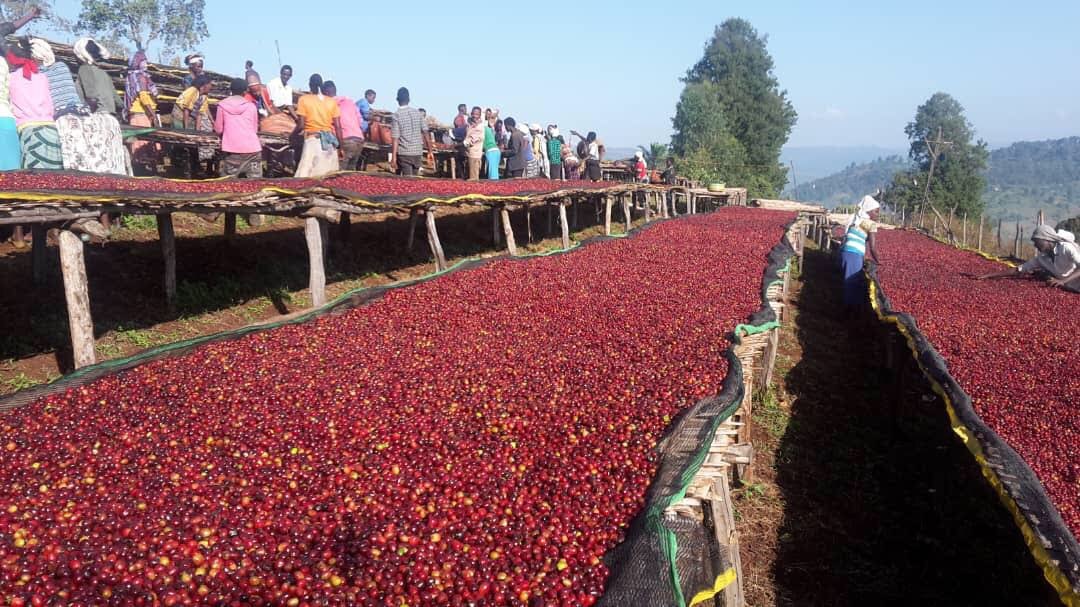
Sponsored Contents | Apr 04,2022

Feb 24 , 2024 . By MUNIR SHEMSU
Abel Yeshitila, a real estate developer with a 12-year track record, finds himself unable to sell homes in his latest venture. Despite slash...

Feb 10 , 2024 . By MUNIR SHEMSU
In his last week's address to Parliament, Prime Minister Abiy Ahmed (PhD) painted a picture of an economy...

Jan 7 , 2024
In the realm of international finance and diplomacy, few cities hold the distinction that Addis Abeba doe...

Sep 30 , 2023 . By AKSAH ITALO
On a chilly morning outside Ke'Geberew Market, Yeshi Chane, a 35-year-old mother cradling her seven-month-old baby, stands amidst the throng...

Apr 27 , 2024
The Prosperity Party (PP) - Prosperitians - is charting a course through treacherous...

Apr 20 , 2024
In a departure from its traditionally opaque practices, the National Bank of Ethiopia...

Apr 13 , 2024
In the hushed corridors of the legislative house on Lorenzo Te'azaz Road (Arat Kilo)...

Apr 6 , 2024
In a rather unsettling turn of events, the state-owned Commercial Bank of Ethiopia (C...